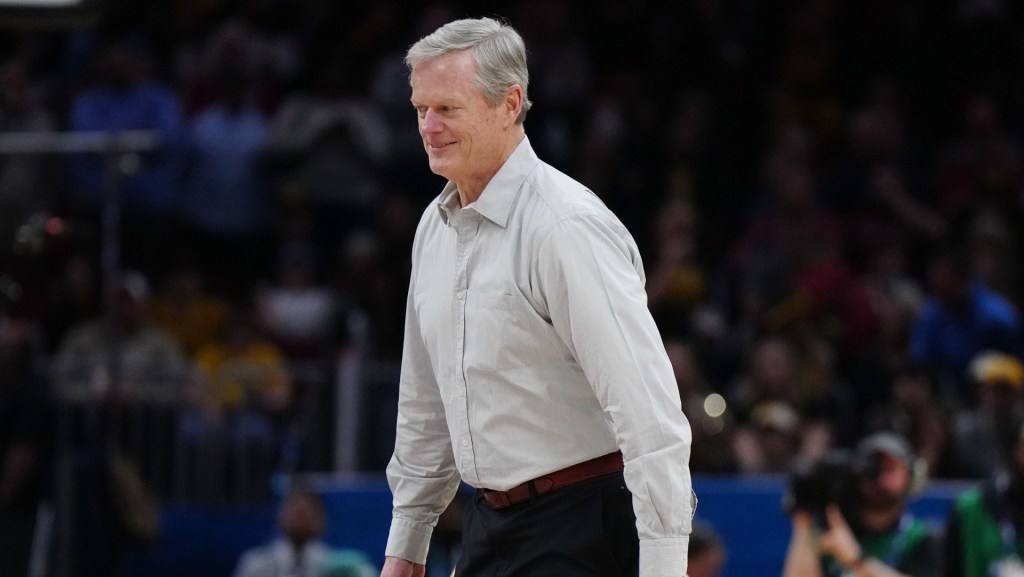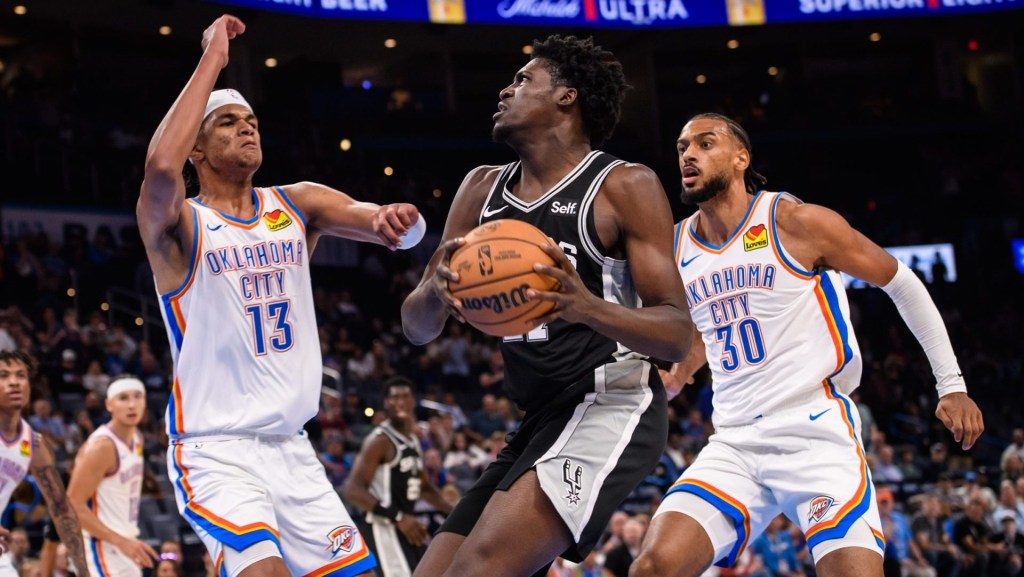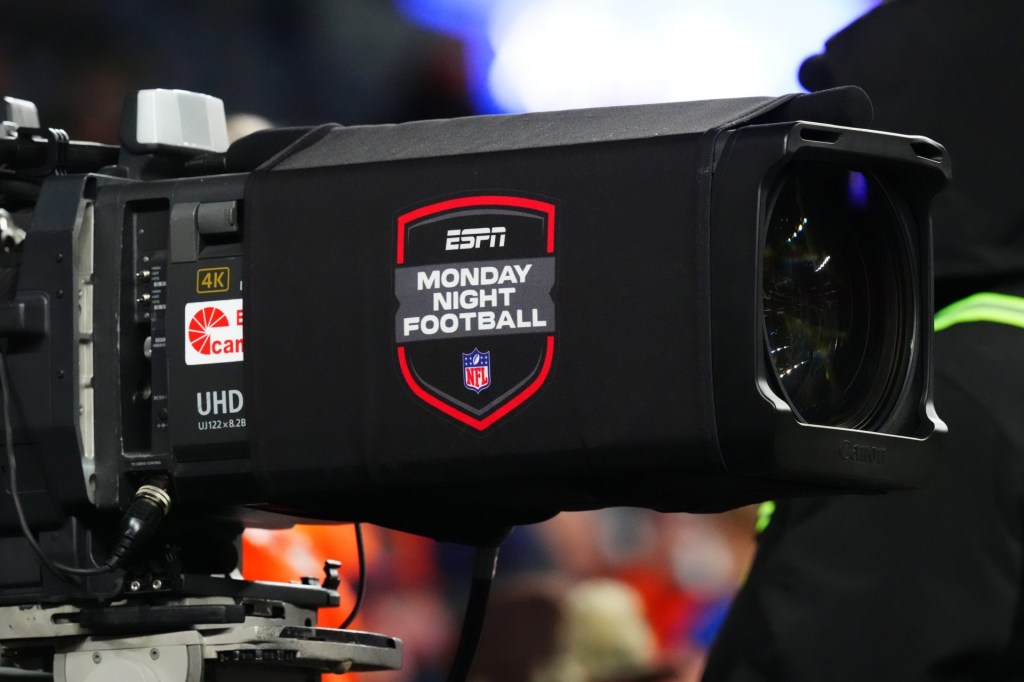Sling TV is once more in the legal crosshairs of a bigger media entity, as TNT Sports parent company Warner Bros. Discovery has filed a lawsuit challenging a new $4.99 “Day Pass” offering short-term access to a set of channels that includes TNT and TBS.
WBD is alleging a breach of contract in an existing carriage agreement and is seeking an injunction blocking the Sling TV effort. The legal action is the second lawsuit against Sling TV parent company Dish Network in as many weeks, as Disney also sued along similar grounds.
“The passes fundamentally disrupt [the] industry-standard model by allowing customers to purchase access to the most sought-after programming, such as major sports events, essentially a la carte for a fraction of the cost that the consumer would have to pay to watch the event on a pay-per-view basis,” WBD said in its filing. “This inherently devalues the programming as a whole and harms programmers’ goodwill with consumers. The passes also threaten to disrupt programmers’ relationships with their other distribution partners.”
To that end, WBD said it has already heard from other carriers wanting to offer similar short-term packages.
Sling TV, as it did after the Disney filing, responded defiantly, saying that the new day passes are a deliberate pro-consumer move on its part. In addition to the 24-hour access block, Sling TV is also offering a weekend option costing $9.99, and a weeklong one for $14.99.
“Sling TV has broken the mold of expensive, rigid bundles with flexible Sling Orange Day, Weekend, and Week Pass subscriptions—pay-as-you-want instant access,” the company said in a statement. “This customer-first model challenges the old guard’s outdated pricing playbook, exposing their dependence on market power and resistance to change.”
A key underlying question embedded in the disputes is what might happen if Sling TV were to prevail. WBD claims that such a path will ultimately fail to produce sufficient revenue to keep its current level of programming intact.
“Programmers depend on monthly subscriptions to finance, acquire, develop, produce, and program hundreds of different programs for their 24/7 network programming,” WBD said in the complaint.
Like the prior Disney suit, WBD’s action was filed in the U.S. District Court for the Southern District of New York.
Time of Transition
As Disney is certainly looking to protect the new direct-to-consumer version of ESPN, WBD has its own interests to preserve as well.
The company is in the midst of splitting into two separate entities, with the majority of sports assets heading to the forthcoming Discovery Global by mid-2026. Gunnar Wiedenfels, who will lead Discovery Global, said last week that TNT Sports is developing a new streaming app as its content will ultimately depart from HBO Max, which is heading to Warner Bros. in the corporate separation.
The dispute is also building as TNT Sports is about to begin coverage of the 2025 MLB playoffs and the 2025–26 NHL season, and is continuing its growing activities in college sports.

















